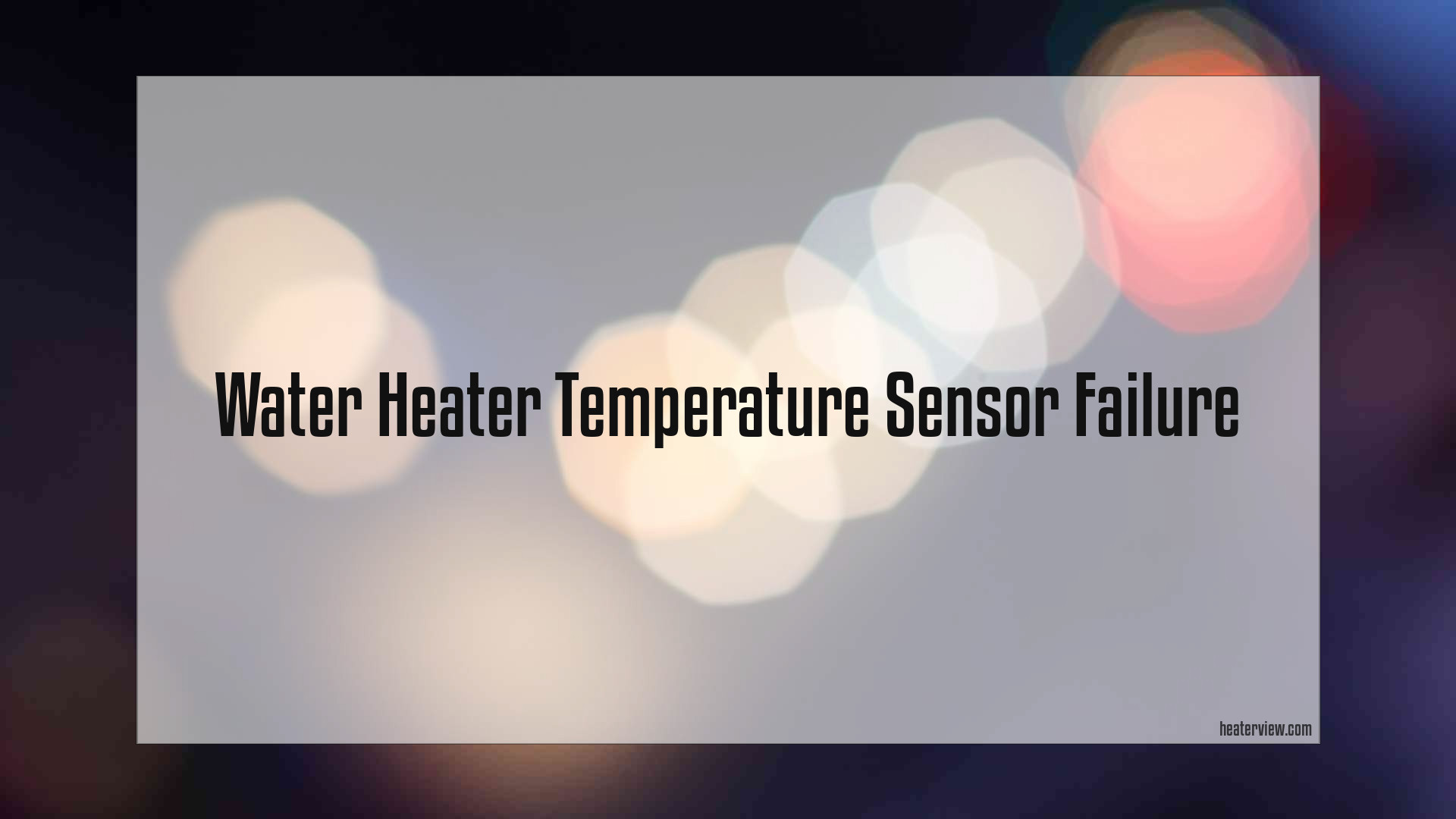If your water heater temperature sensor fails, it could mean serious trouble for your home’s water heating system. The sensor is responsible for regulating the temperature of the water in the tank, so if it fails, the water could become too hot or not hot enough. This could lead to scalding or even freezing, both of which could cause serious damage to your home.
If you suspect that your water heater temperature sensor has failed, you should call a plumber or water heater repair technician right away. They will be able to diagnose the problem and, if necessary, replace the sensor. In the meantime, you can try to regulate the temperature manually by turning the water heater’s thermostat up or down, but it’s best to leave this to the professionals.
What Are The Consequences Of A Water Heater Temperature Sensor Failure?

If your water heater temperature sensor fails, there are a few consequences that could occur. The first and most likely scenario is that your water heater will not be able to maintain a consistent water temperature. This means that your water could alternate between being too hot and too cold, which obviously isn’t ideal. If the temperature sensor is not working correctly, it could also cause your water heater to overheat and potentially start a fire. So, as you can see, a water heater temperature sensor failure can have some pretty serious consequences.
If you think that your water heater temperature sensor might be failing, it’s important to have it checked out as soon as possible. A certified technician will be able to test the sensor and determine if it needs to be replaced.
How Can You Tell If Your Water Heater’s Temperature Sensor Has Failed?
If your water heater’s temperature sensor has failed, you may notice that your water heater isn’t heating up as quickly as it used to. Additionally, the water temperature may not be as consistent as it used to be. Finally, you may see an increase in your energy bills.
What Are Some Common Causes Of Water Heater Temperature Sensor Failures?
Water heater temperature sensors are one of the most important parts of the appliance. Without a functioning sensor, the water heater will not be able to regulate the water temperature properly and could potentially overheat the water, leading to scalding or even burst pipes.
There are a few different things that can cause a water heater temperature sensor to fail. One of the most common causes is simply age and wear and tear. Over time, the sensor can become corroded or damaged, causing it to malfunction. In some cases, it may even be necessary to replace the entire sensor assembly.
Another common cause of water heater temperature sensor failure is dirt and debris buildup. If the sensor is not cleaned on a regular basis, it can become clogged with dirt and grime, which can interfere with its ability to accurately read the water temperature. In some cases, simply cleaning the sensor with a soft cloth can restore it to normal functioning.
If your water heater temperature sensor has failed, it is important to have it replaced as soon as possible. A malfunctioning sensor can cause your water heater to overheat, which could lead to serious damage to your home.
How Can You Prevent Water Heater Temperature Sensor Failures?
Water heater temperature sensor failures are one of the most common problems that can occur with these appliances. There are a few things that you can do in order to prevent these failures from happening. First, you should make sure that the sensor is properly installed. Second, you should check the sensor regularly to make sure that it is working correctly. Third, you should replace the sensor if it is not working correctly.
One of the best ways to prevent water heater temperature sensor failures is to have the sensor properly installed. If the sensor is not installed correctly, it can cause the water heater to overheat and fail. In order to properly install the sensor, you should follow the instructions that came with the water heater. If you are not sure how to install the sensor, you should contact a professional.
Another way to prevent water heater temperature sensor failures is to check the sensor regularly. You should check the sensor at least once a month to make sure that it is working correctly. If the sensor is not working correctly, you should replace it.
Finally, you should replace the sensor if it is not working correctly. If the sensor is not working correctly, it can cause the water heater to overheat and fail. In order to replace the sensor, you should follow the instructions that came with the water heater. If you are not sure how to replace the sensor, you should contact a professional.
What Are The Most Common Symptoms Of A Water Heater Temperature Sensor Failure?
If your water heater is suddenly not heating up like it used to, or if it’s taking longer than usual for your water to get hot, it could be a sign that the temperature sensor is failing. The most common symptoms of a water heater temperature sensor failure are:
-The water heater doesn’t seem to be heating up at all, or not as much as it used to.
-It takes longer than usual for your hot water to kick in when you turn on the tap.
-Your water heater runs out of hot water more quickly than it used to.
-The water from your tap isn’t as hot as it used to be.
If you’re experiencing any of these symptoms, it’s important to call a plumber or water heater technician as soon as possible to have the sensor checked and replaced if necessary. A failed sensor can not only cause your water heater to perform less efficiently, but it can also be a safety hazard if the water temperature gets too high.
If you have any questions about the water heater temperature sensor failure, feel free to comment below.

